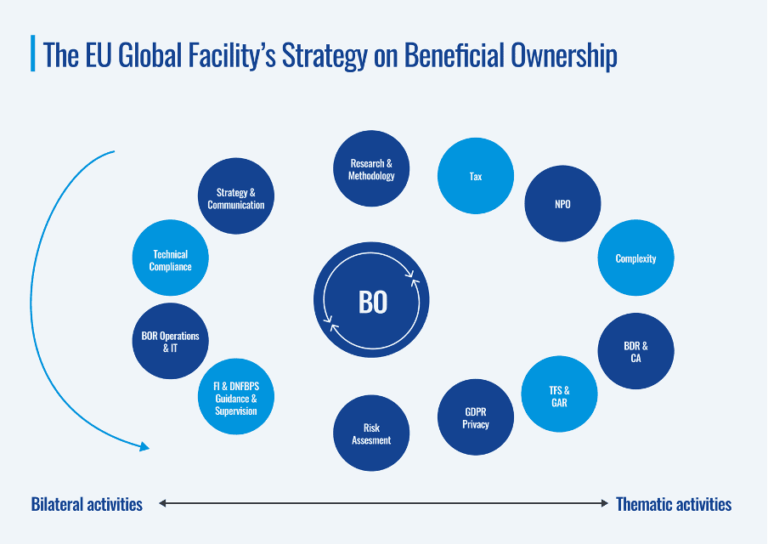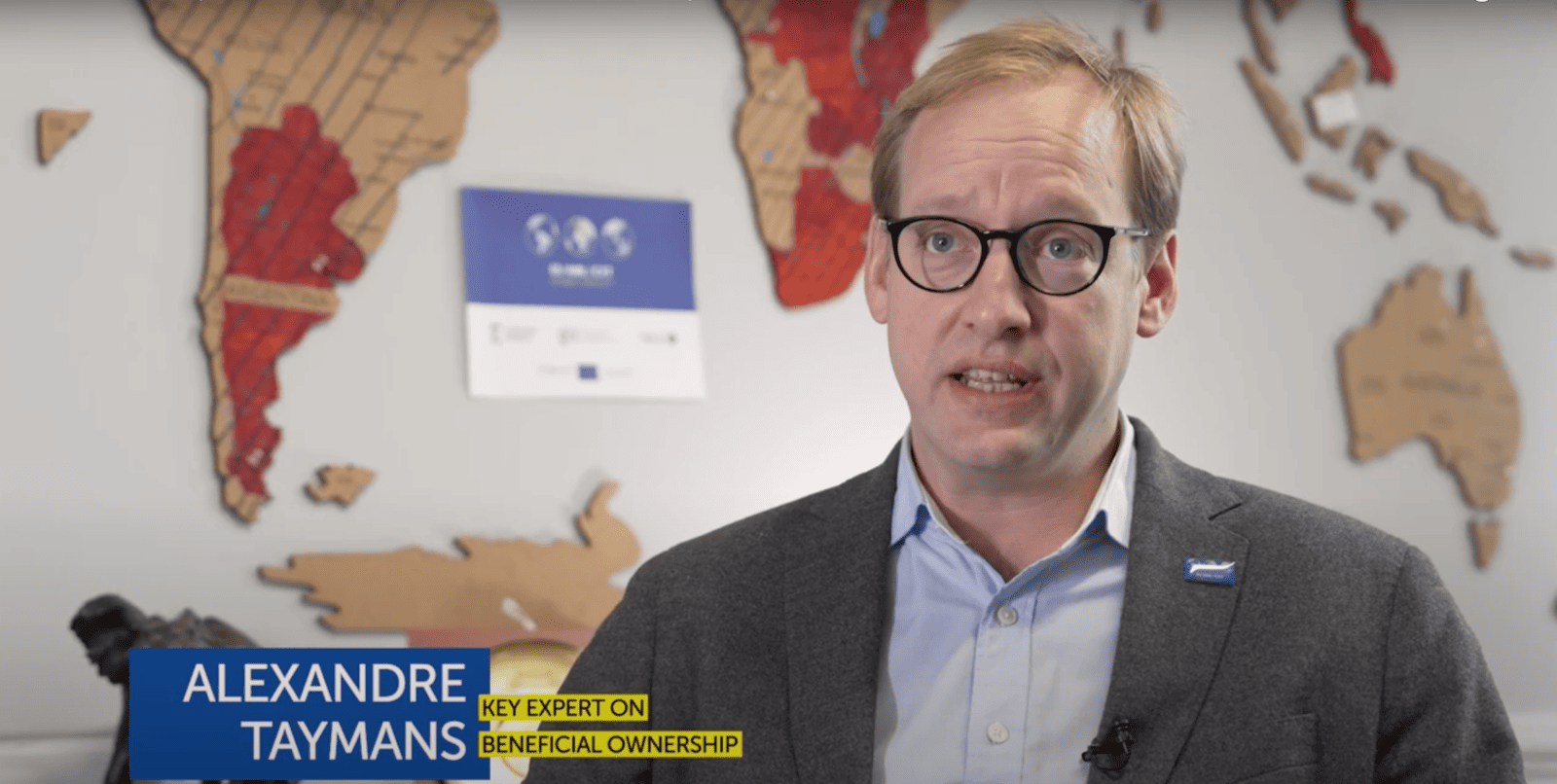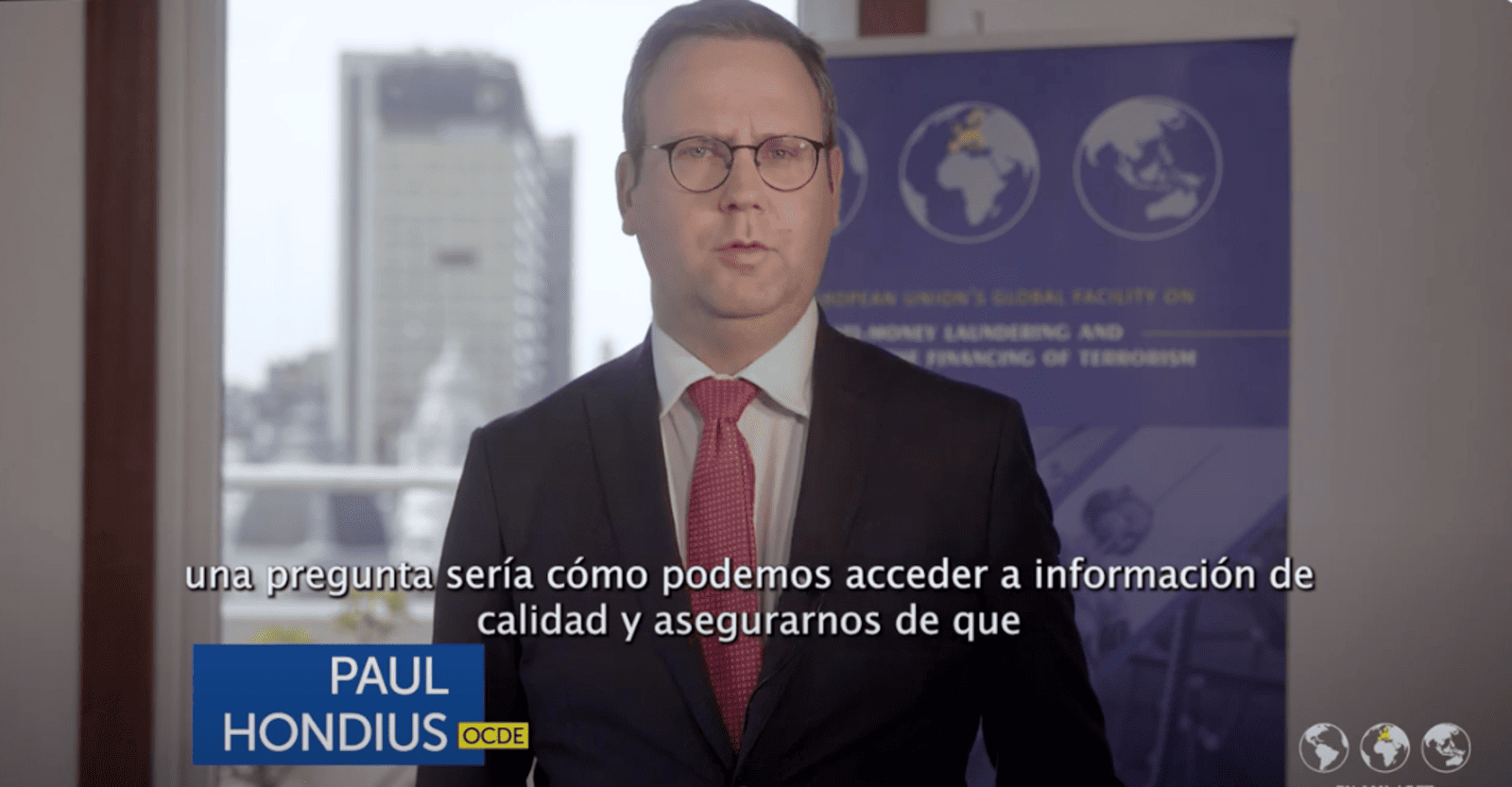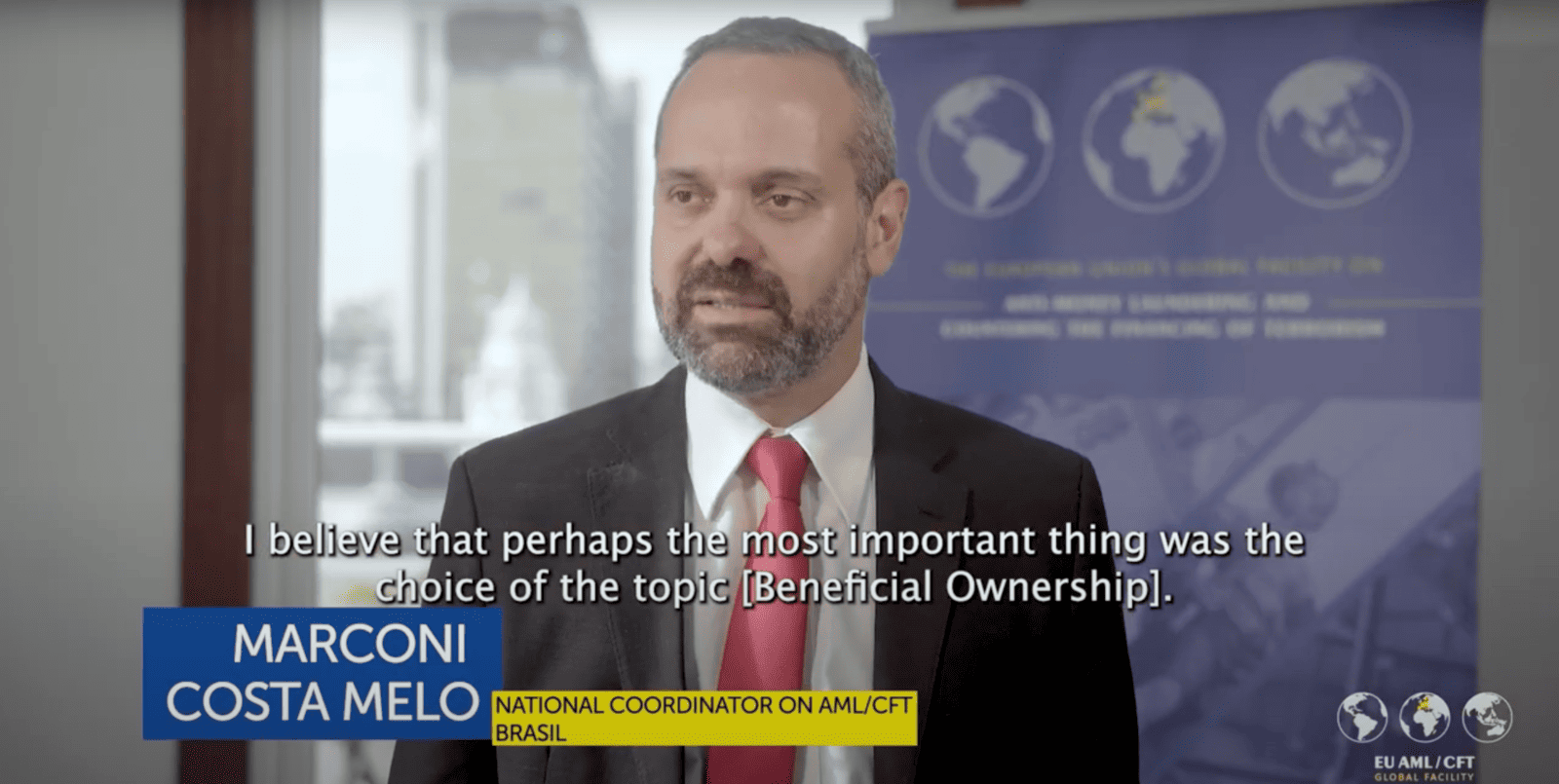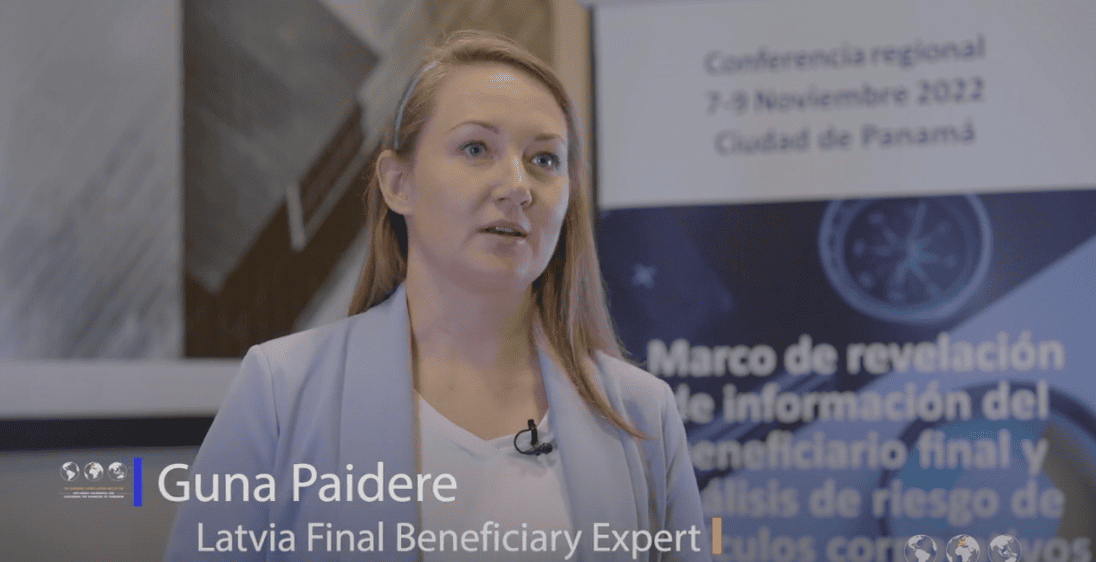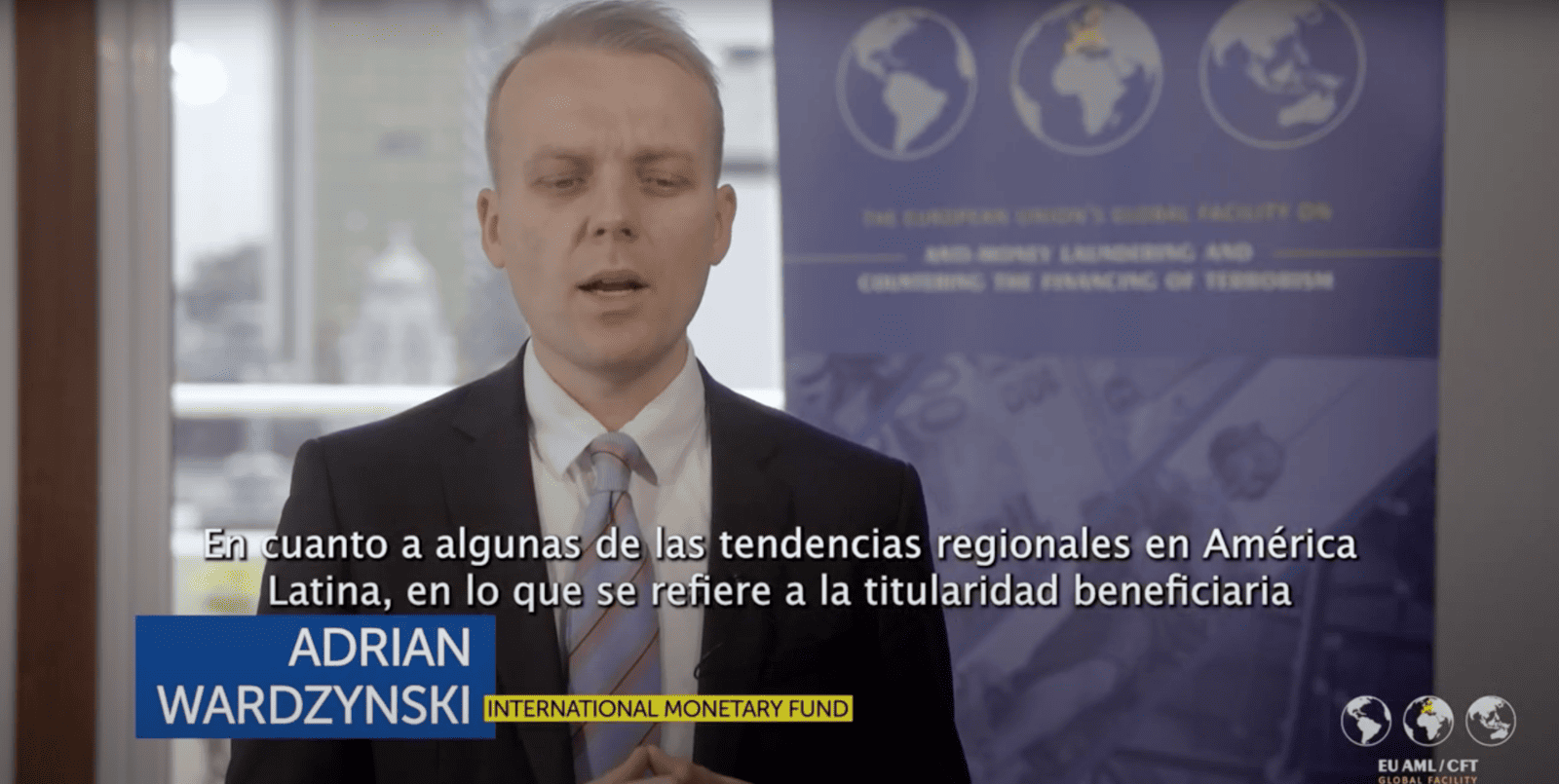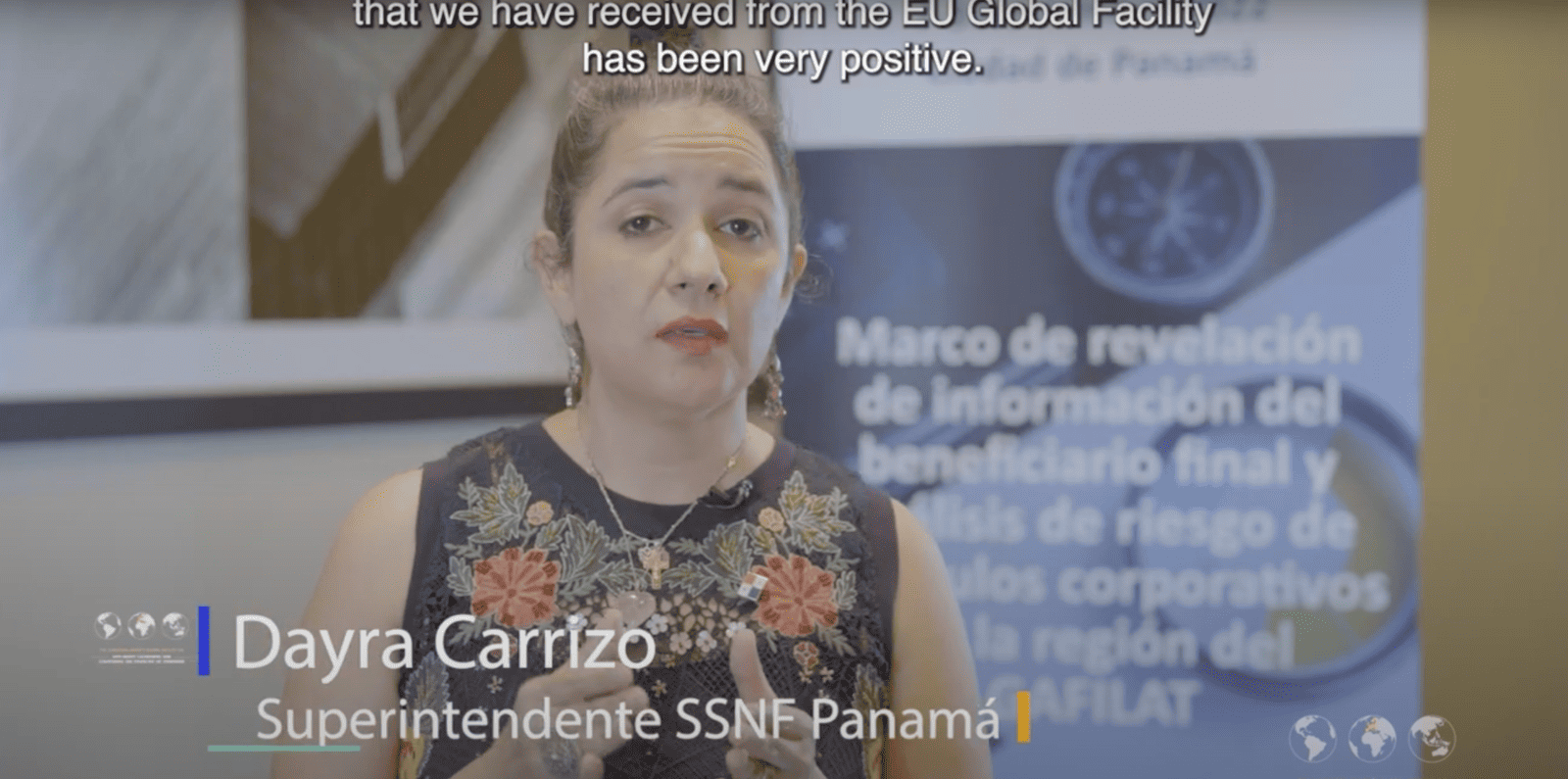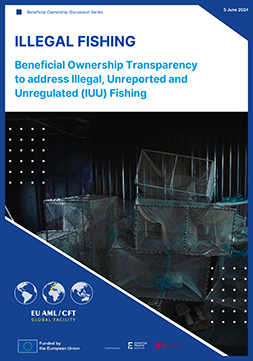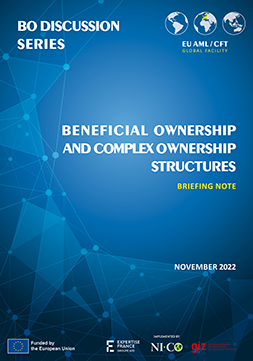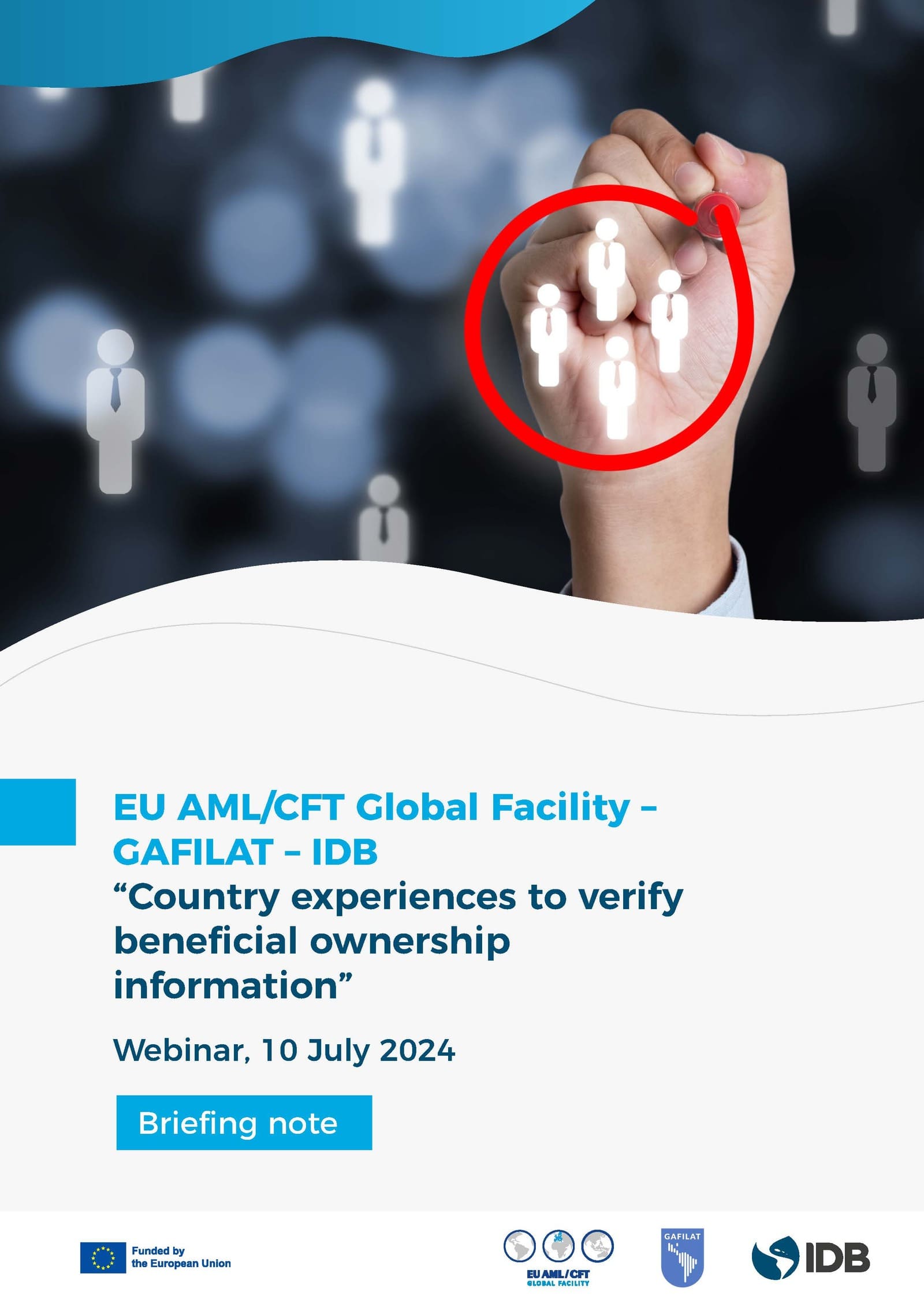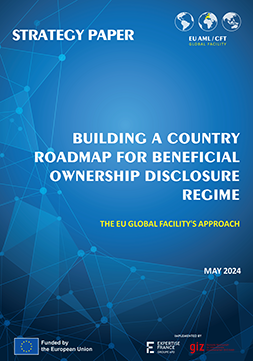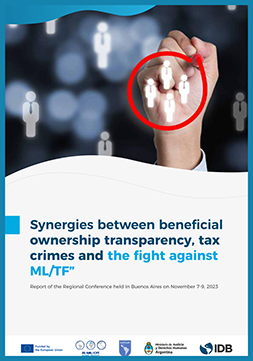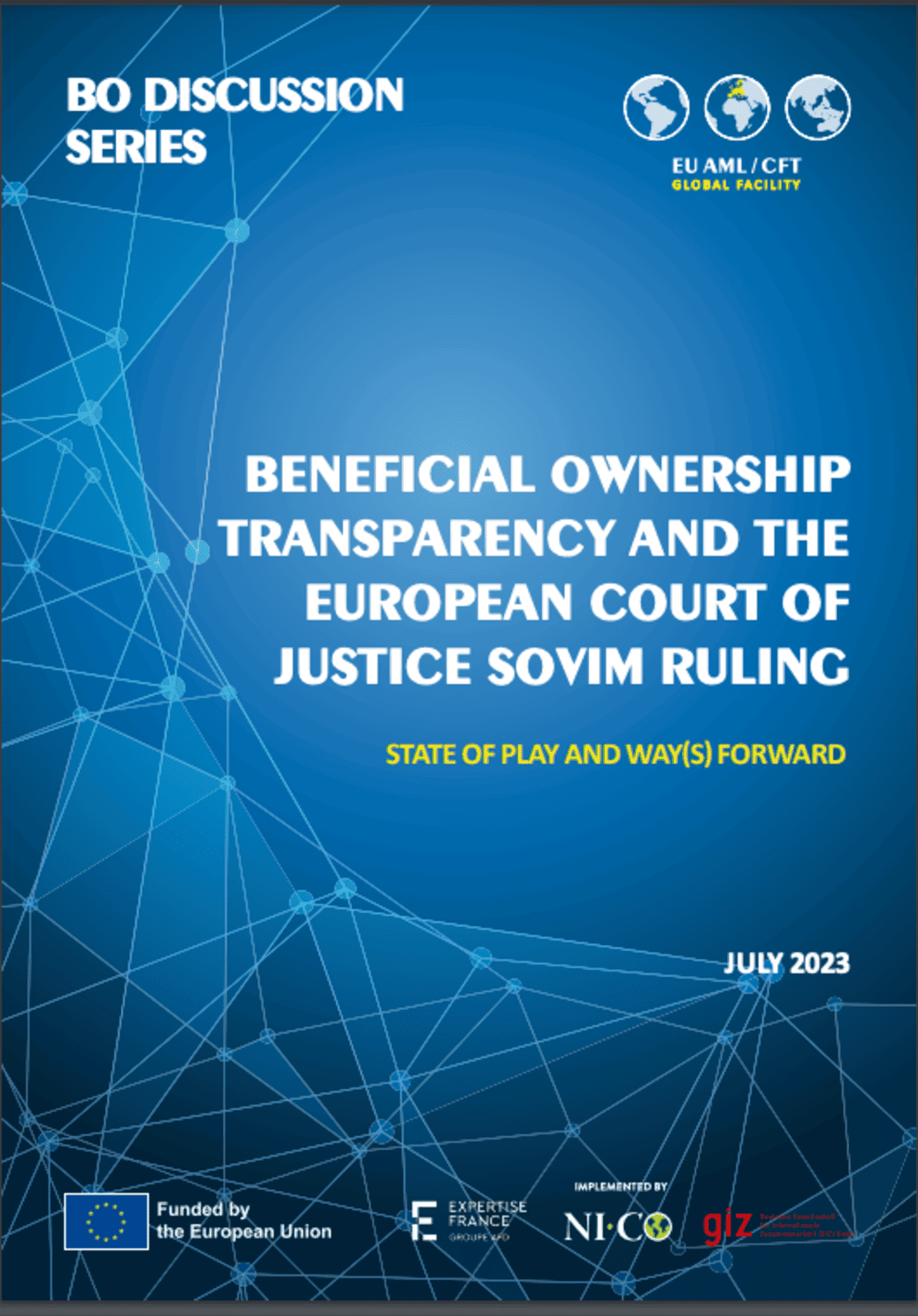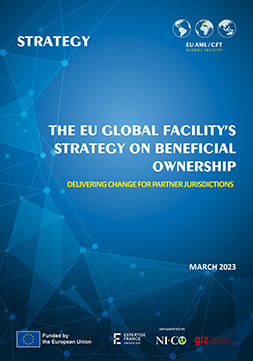BO transparency is a fast-moving, highly technical and complex area that requires international organisations, national institutions and supervisors as well as the broader general public to develop on an ongoing basis their knowledge and understanding of the new trends, risks and threats posed by the misuse of legal vehicles and the obfuscation of BO information as well as practices and innovative solutions developed by countries to face these common challenges.
In order to best address this, the EU Global Facility designs and implements activities in collaboration with a wide range of partners and experts from both public and private sectors. Through education and discussion organised in various formats, the BO thematic activities seek to build long-term resilience through the development of networks experts, institutions, and stakeholders.
Thematic issues addressed by the EU Global Facility take the form of expert groups, closed webinars for competent authorities, FATF Style Regional Bodies and other partner organisations.
These activities seek to explore new, innovative, or emerging topics, trends and risks based around a specific theme. Thematic activities often lead to closer support through bilateral activities with partners.
Current themes being explored include:

